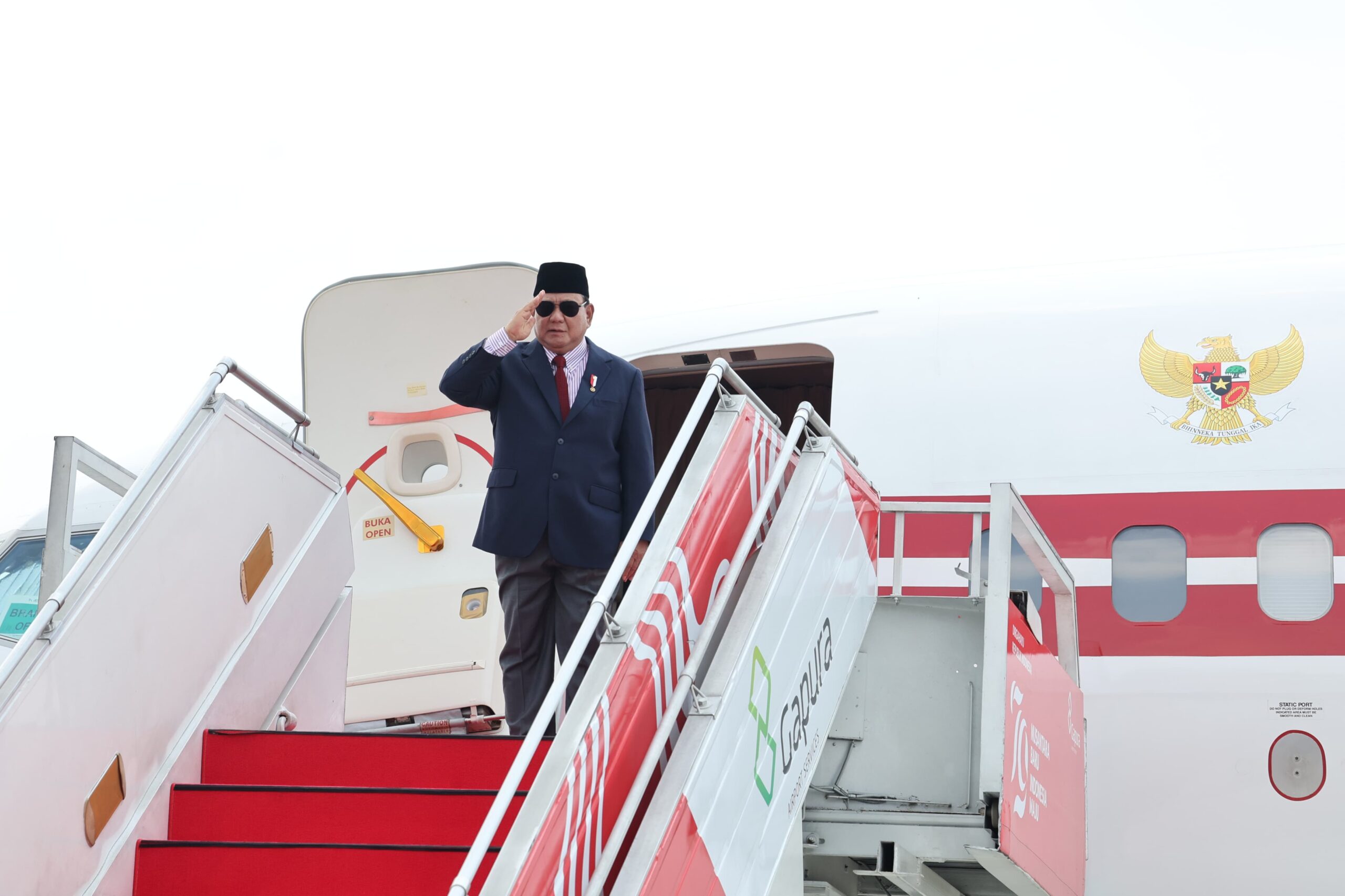Prabowo’s Inaugural International Mission Establishes Strong Foundation for Indonesia’s Foreign Diplomacy
Jakarta – President Prabowo Subianto’s diplomatic visits mark the initial step that will serve as the foundation for Indonesia’s foreign policy during his leadership. As the inaugural international mission, this journey will determine the direction and strategy of the government in both multilateral and bilateral relations.
Chairman of the NasDem Party, Surya Paloh, stated that President Prabowo Subianto’s state visits abroad represent an opportunity for a new president, a new atmosphere, and new policy directions.
“With visits to several countries, Prabowo is optimally leveraging Indonesia’s free and active foreign policy stance. Prabowo is also maintaining Indonesia’s bilateral relations with other countries,” said Surya Paloh.
Beyond diplomacy, these visits also serve as a barometer to assess the Prabowo administration’s capabilities in economic, trade, industrial, and investment programs. The success of this mission will be an important benchmark for the first 100 days in office.
Regarding his visit to China, President Prabowo emphasized that cooperation between Indonesia and China will not alter Indonesia’s free and active foreign policy principles.
“Indonesia remains committed to non-alignment and cooperation with various world powers,” said Prabowo.
Indonesia and China are committed to continuing steps of collaboration and synergy in various sectors, such as education, business, industry, and collaboration between business actors.
“Collaboration between the two countries will be a factor in stabilizing and enhancing the atmosphere of cooperation in the region,” added Prabowo.
Chinese President Xi Jinping appreciated the President’s decision to make China the first country visited in his new capacity as president.
“This step affirms the importance of China’s relationship with Indonesia,” said Xi Jinping.
During his visit to the United States (US), President Prabowo and US President Joe Biden both expressed their commitment that Palestinian independence should be part of a two-state solution to end the humanitarian conflict in Gaza.
This commitment is included in the Joint Statement document of President Joe Biden and President Prabowo Subianto published by the US White House, through the website whitehouse.gov.
Previously, US Secretary of State Antony Blinken said that President Prabowo Subianto’s visit to the US was very beneficial for both countries. He also greatly appreciated Prabowo’s arrival.
“I’m delighted to meet you in the United States. I hope you enjoy this visit. I want to say at the outset that we greatly value this relationship that has been established with our country for 75 years,” said Antony Blinken.
President Prabowo Subianto inquired with US Secretary of State Antony Blinken about concrete steps that the US can take in response to the ongoing conflict in Palestine. Blinken mentioned that the US is working very hard to address the conflict.
In Peru, President Prabowo received a warm welcome from several members of the diaspora. Deborath Merino Otoya, 30, a political staff at the Indonesian Embassy in Lima, conveyed the importance of Prabowo’s presence for the relations between the two countries.
“Indonesia and Peru have opportunities to establish trade relations,” said Deborath.
She is optimistic that the bilateral meeting between President Prabowo and the President of Peru can pave the way for stronger economic relations between the two countries.
Similarly, Alberto Montalvo Saba, a youth of Palestinian descent, expressed great happiness about the President’s visit. He hopes Prabowo can enhance cooperation with the Peruvian government, particularly in strengthening trade between the two countries.
President Prabowo’s state visits to various countries reflect the priorities of national interests in Indonesia’s foreign policy. This agenda is not limited to presence in multilateral forums or courtesy visits but also serves as an indicator of government performance related to economics, trade, industry, investment, defense, and security.
